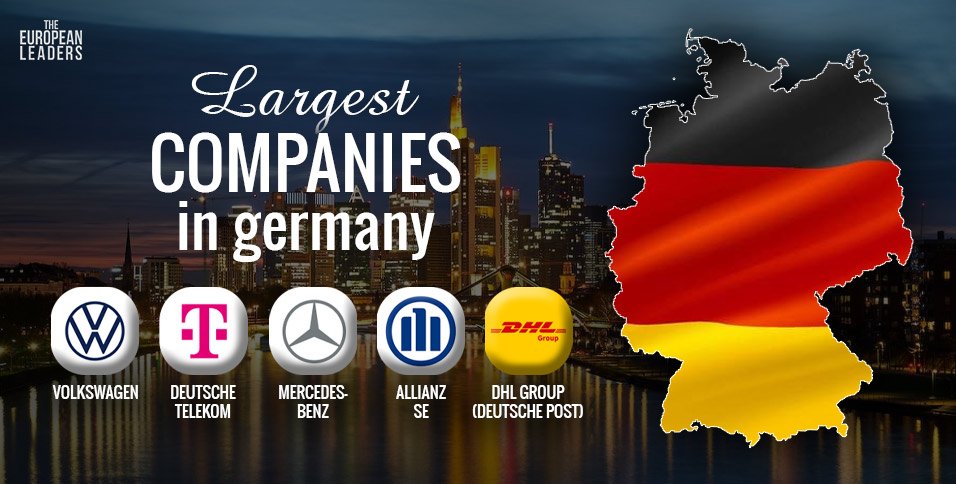The European Leaders
26 September 2024
Frankfurt – UniCredit’s recent efforts to acquire a significant stake in Commerzbank have ignited widespread interest across the European banking sector. The Commerzbank takeover by UniCredit is seen as a bold move, signaling UniCredit’s intent to establish itself as a dominant player.
As Italy’s second-largest bank, UniCredit’s pursuit of Commerzbank, Germany’s second-largest lender, raises important questions about the potential for further consolidation in the fragmented European banking landscape and its impact on national interests and market dynamics.
Recent Developments
UniCredit has become Commerzbank’s largest shareholder, increasing its stake to 21%, surpassing the German government’s 12% holding. This move has fueled speculation about a Commerzbank takeover by UniCredit as the Italian bank seeks ECB approval to raise its stake to 29.9%, stopping just below the mandatory takeover threshold. The potential takeover is shaping up to be a pivotal moment, one that could dramatically alter the course of European banking.
Government Response
The German government, led by Chancellor Olaf Scholz, has responded strongly to the Commerzbank takeover by UniCredit. Scholz has warned against any “unfriendly” takeover attempts, emphasizing the crucial role Commerzbank plays in supporting Germany’s economy, particularly its small and medium-sized enterprises.
While the government had been reducing its stake in Commerzbank following its 2009 bailout, this new development has drawn criticism from politicians and labor unions concerned about job losses and foreign control over a key financial institution.
Implications for the European Banking Sector
UniCredit’s actions are emblematic of broader trends in European banking consolidation. Analysts suggest that a successful Commerzbank takeover by UniCredit will allow the Italian bank to challenge larger institutions like Deutsche Bank, possibly sparking further mergers across the sector.
The ECB has expressed support for such cross-border deals, viewing them as a way to strengthen the EU’s global competitiveness. UniCredit’s CEO, Andrea Orcel, has long emphasized the need for strategic mergers to expand the bank’s footprint, a vision that aligns with ECB President Christine Lagarde’s calls for greater integration in the eurozone’s financial sector.
Market Reactions
The markets have responded positively to UniCredit’s acquisition efforts, with Commerzbank shares surging 17% after the announcement. Investors seem optimistic about the potential synergies that could result from the merger, which might increase profitability and streamline operations between the two banks.
At the same time, Deutsche Bank is reportedly exploring ways to counteract a potential UniCredit-Commerzbank combination, as such a merger could position the Italian bank as Germany’s largest financial institution, disrupting the current competitive landscape.
Strategic Goals Behind UniCredit’s Acquisition
1. Strengthening Market Position: UniCredit’s acquisition of Commerzbank would bolster its presence in Germany, a crucial market for European banking. By consolidating its position, UniCredit aims to create a pan-European financial giant that can compete effectively against U.S. counterparts.
2. Cross-Border Synergies: The merger would also unlock operational synergies, enabling UniCredit to achieve cost savings and improved efficiency. This aligns with the EU’s broader goals of fostering cross-border banking mergers to enhance financial sector competitiveness.
3. Expanding Customer Base and Services: Commerzbank’s extensive customer base and service offerings would allow UniCredit to diversify its revenue streams and enhance its financial stability in a rapidly changing market.
4. Regulatory Support: With the ECB and EU politicians advocating for greater financial integration, UniCredit’s move fits into a favorable regulatory landscape, paving the way for smoother acquisition processes.
5. Capitalizing on Financial Strength: Having rebuilt its financial health, UniCredit is well-positioned to make strategic acquisitions, and the Commerzbank deal is seen as a critical step toward enhancing shareholder value through mergers.
6. Competing with Deutsche Bank: A successful merger with Commerzbank would create a formidable competitor to Deutsche Bank. By leveraging its Munich-based subsidiary HypoVereinsbank, UniCredit could significantly expand its market share in Germany.
Conclusion
As UniCredit continues its pursuit of Commerzbank, the broader European banking sector is watching closely. The Commerzbank takeover by UniCredit represents not only a significant shift for the two banks involved but also a potential reshaping of the entire European financial landscape. Furthermore, it challenges traditional national interests and promoting consolidation that could increase global competitiveness.
However, with political resistance growing and regulatory scrutiny expected to intensify, the path forward for UniCredit remains uncertain. The coming months will determine whether this bold move leads to a major realignment in the European banking industry.








